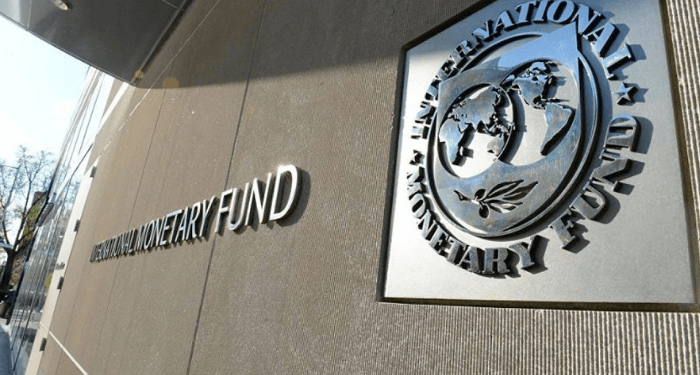IMF Completes Fourth Review of Egypt’s Economic Reform Program, Approves $1.3 Billion RSF Arrangement
The International Monetary Fund (IMF) Executive Board has completed the fourth review of Egypt’s economic reform program under the Extended Fund Facility (EFF), enabling an immediate disbursement of approximately $1.2 billion. This brings Egypt’s total financial assistance under the EFF arrangement to around $3.2 billion. Additionally, the IMF approved Egypt’s request for a Resilience and Sustainability Facility (RSF) arrangement, granting access to about $1.3 billion to support climate-related reforms.
Economic Performance and Key Policy Measures
Despite regional tensions and a sharp decline in Suez Canal revenues, the Egyptian government has continued to implement policies aimed at stabilizing the economy. GDP growth slowed to 2.4% in FY2023/24, down from 3.8% in the previous fiscal year, but rebounded to approximately 3.5% in the first quarter of FY2024/25. Inflation has been on a downward trend since September 2023. However, the current account deficit widened to 5.4% of GDP, even as Egypt achieved a primary fiscal surplus of 2.5% of GDP, driven by stringent expenditure controls.
In response to external challenges, the IMF Executive Board approved adjustments to Egypt’s medium-term fiscal targets. The primary surplus is projected to reach 4% of GDP in FY2025/26 and increase to 5% in FY2026/27. However, fiscal consolidation in the first half of FY2024/25 was weaker than anticipated, necessitating further spending controls to meet year-end targets.
External Risks and Structural Reforms
Egypt continues to face external vulnerabilities, including the ongoing war in Sudan and disruptions in the Red Sea, which have significantly impacted foreign exchange inflows. The transition to a flexible exchange rate regime in March 2024 has yielded positive results, eliminating parallel market gaps and increasing interbank trading. However, the IMF cautioned that continued efforts are needed to ensure long-term stability and market confidence.
The IMF noted mixed progress on structural reforms, particularly regarding state divestment and market competition. However, recent steps to enhance the independence of the Egyptian Competition Authority and improve governance in public banks were acknowledged as positive developments.
IMF’s Outlook and Recommendations
Deputy Managing Director and Chair, Nigel Clarke, commended Egypt’s progress in stabilizing the economy but highlighted persistent fiscal challenges. “While GDP growth is recovering, inflation is moderating, and foreign reserves remain adequate, high debt and structural reform delays continue to constrain medium-term growth prospects,” he stated.
To ensure fiscal sustainability, the IMF recommended broadening the tax base, reducing tax incentives, and enhancing compliance while adopting a comprehensive debt management strategy. The institution also emphasized the need for Egypt to accelerate its divestment program, reduce the state’s economic footprint, and establish a more competitive market environment.
Additionally, the RSF arrangement will support reforms aimed at accelerating decarbonization, improving environmental risk management, and enhancing climate resilience. The IMF reaffirmed its commitment to working with Egypt to navigate economic challenges and sustain progress under the EFF-supported program.
The next Article IV consultation with Egypt is scheduled in line with the IMF’s review cycle for member countries with active Fund arrangements.








